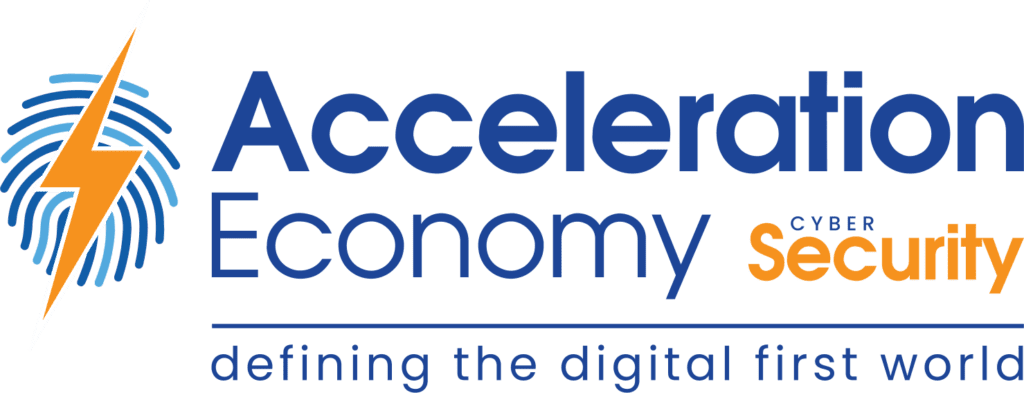Healthcare has always been about delivering the best patient outcomes in the most efficient manner. To this end, many modern healthcare systems have been “centralized”, meaning that patients are able to get the healthcare they need without seeking approval from disparate sources —such as waiting on an insurer to approve a procedure that comes from a referring physician in another hospital network and…well, you get the picture. Instead, centralized patient care coordinates all stakeholders—patients, physicians, insurers, administrative staff—into a common system.
Centralized healthcare is typically found in countries with socialized medicine, such as Canada and many European countries. By contrast, the United States doesn’t currently feature fully centralized healthcare, which is why it is among the highest costing systems of healthcare in the world (20% GDP on healthcare alone).
That being said, decentralized technologies offer new paths forward to centralize patient care by leveraging a new healthcare paradigm.
The Blockchain and Healthcare
So, centralized and decentralized – aren’t these contradictory systems?
At first, the terms seem opposed to one another, but the truth is this is simply a matter of semantics.
Decentralized technologies encompass a wide variety of applications through the blockchain, a series of computing principles that essentially takes out the middleman when it comes to transactions. What makes them “decentralized” is that no one entity has control over them.
For those who are unaware, the blockchain is a decentralized list of digital records linked together by secure computational cryptography (think of “encryption” for most modern systems). Every record in the blockchain is known as a ‘block’, containing a mathematical algorithm, a timestamp, and data related to that particular transaction.
In layman’s terms, every time a new transaction to the blockchain is made, a block is added and linked to the previous ones (as well as the future ones) like a chain. This means that no matter who is accessing the information, there will always be a verifiable record based on the veracity of the previous ones and future ones.
By contrast, a centralized system is based around a proprietary system. For instance, a centralized healthcare system in Canada won’t be readily accessible to healthcare providers in Germany (and vice versa). Ultimately, this defeats the purpose of a centralized system, creating inefficiencies in accessing, transferring, and storing patient data reliability.
Therefore, blockchain has many applications in healthcare to bridge previously-insurmountable gaps in patient care. Let’s take a look at some of the many benefits of decentralized technology in centralized patient care.
Benefits of Decentralized Technology for Centralized Patient Care
Security
Security is a big issue when it comes to healthcare. From adhering to HIPAA and numerous other regulatory bodies around the world, data breaches of sensitive healthcare information still occur every day.
Blockchain offers the ability to secure data in a near-impenetrable record that ensures that cybercriminals can’t hold this data hostage via ransomware, nor can they access it without the correct protocols. In terms of decentralized technology, this is known as “immutability”.
The result means that the adoption of the blockchain in healthcare has the potential to offer cascading savings in the healthcare industry of up to $100-$150 billion per year by 2025 in data breach-related costs.
Streamlined Sharing and Storing of Electronic Medical Records
Like Bitcoin (the most obvious example of decentralized technology), blockchain serves as a secure public ledger that anyone can access with appropriate permissions. This means that the bureaucracies and manual inefficiencies inherent in centralized healthcare systems are eliminated, making way for a simpler way of sharing and storing medical records (PHI/ePHI). The net result is a more efficient path to better patient care.
Smart Contracts
Even with centralized medicine, there still remain plenty of contracts in the healthcare industry that patients and other stakeholders are faced with. With smart contracts, hospitals and other medical practices are able to store patient records in a digital ledger – without the need for 3rd parties to verify the information.
For example, smart contracts empower patients with the freedom to change hospitals without the need to fill in numerous forms. Instead, new physicians can view all their information on the blockchain network while retaining privacy concerns.
Early Use-Cases of Blockchain in Centralized Healthcare
One of the most promising aspects of blockchain is that it is already being developed and implemented by early adopters in centralized healthcare. Let’s look at some prominent use-cases to show where decentralized technology is heading:
Mobile Application/Remote Patient Monitoring
Mobile applications and remote patient monitoring (RPM) devices are essential for patient care in today’s technological age. However, these devices are susceptible to interoperability issues, cyber exploits, and privacy issues.
In a recent study, researchers were able to test the mHealth smartphone application against tampering by leveraging the immutable properties of the blockchain. The result was that the data remained accessible and controlled by the patient while still retaining the ability to send this data instantly to the blockchain regardless of the distance between the patient and the provider.
Similarly, other mobile applications and remote patient monitoring devices have seen promising use-cases on other platforms, such as the Healthcare Data Gateway (HGD).
Patient Consent Management
Blockchain technology proposes a noteworthy solution to ensuring that a patient’s wishes and consent are always adhered to via smart contracts.
HealthVerity has built a technology platform called HealthVerity Consent. This consent management platform ensures that only those with active permissions are able to access, manage, and exchange sensitive data in real-time.
Clinical Trials
Blockchain technology has shown tremendous applications for clinical trials and the veracity of empirical data.
One particularly promising platform is TrialChain. TrialChain is a blockchain implementation to track and validate data assets captured for clinical research and clinical trials. Researchers have been able to apply this platform in clinical trials to enable real-time decision-making and robust governance, encourage recruitment of participants, optimize trial operations, and minimize manual or repetitive tasks through the usage of smart contracts.
Final Thoughts
As you can see, decentralized technology is set to create a new paradigm in centralized patient care globally. Stay tuned to learn more about these promising trends in decentralized technology and where the future of healthcare is headed!
Want more cybersecurity insights? Visit the Cybersecurity channel:







